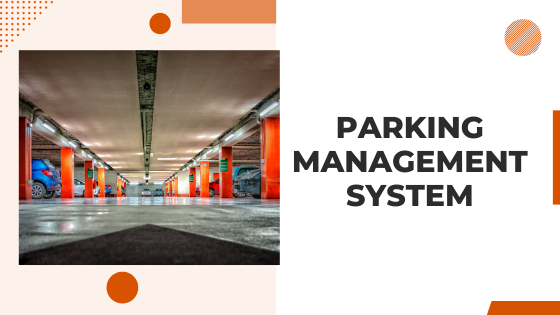
Parking management systems are integral components of modern urban infrastructure, helping to address the challenges associated with ever-growing traffic congestion and the increasing demand for parking services in urban areas. The primary goal of an efficient parking management system is to optimize the utilization of parking spaces while minimizing the internal and external impacts of the parking facility.
Scalability and Flexibility
A good parking management system should be scalable and flexible as every facility will have different needs and requirements. Factors such as size, location, and complexity can impact system needs. The system must adapt to future changes in parking demand and be able to accommodate facility expansions, alterations in layout, and integration of new technologies.
User-friendly Interface and Reliable Hardware
The user experience is a crucial aspect of a parking management system. Look for a system that provides a user-friendly interface for both the facility’s staff and its customers. For example, clear signage, intuitive parking guidance systems, and easy-to-use payment options contribute to a positive parking experience.
Additionally, choose a system with reliable hardware components built to withstand constant use and harsh weather conditions in the parking facility.
Real-time Data Collection and Accessibility
A robust parking management system should collect real-time data on occupancy levels, entry and exit times, and revenue generation. This data should be easily accessible through a centralized dashboard or a compatible software platform. Having up-to-date information at your fingertips is vital for efficient decision-making and the overall management of the facility.
Integration with Other Systems
Integration capabilities are an essential feature of a good parking management system. The system should have the ability to integrate with existing infrastructure and third-party services such as security systems, building management systems, and payment processing platforms. Such integrations streamline operations, enhance collaboration between different departments, and improve customer service.

Advanced Access Control and Security
The safety and security of customers and their vehicles are of utmost importance. Look for a parking management system that offers advanced access control options, CCTV integrations, and other security features like license plate recognition. Such features not only ensure a secure parking environment but also help in the efficient management of authorized and unauthorized parking.
Revenue Control and Analytics
A good parking management system should have features for managing every aspect of revenue generation, including ticketing, pricing, payment options, and validations. The ability to generate in-depth analytics and reports on revenue, occupancy, and customer trends enables informed decision-making and helps identify areas of potential improvement.
Energy Efficiency and Sustainability
A parking management system should consider environmental consciousness by reducing energy consumption and carbon emissions. Opt for a system with energy-efficient lighting, ventilation, and other eco-friendly features. Additionally, encourage the utilization of alternative transportation methods such as electric vehicle charging stations and designated spaces for bicycles.
Continuous Updates and Support
Lastly, choose a parking management system provider that offers continuous updates and support to keep the system running smoothly and efficiently. Regular maintenance, software updates, and customer support are crucial in ensuring the longevity and effectiveness of your parking management system.
In Conclusion
A good parking management system should be scalable, flexible, and user-friendly while providing real-time data, advanced security features, and the ability to seamlessly integrate with other systems. Remember to prioritize energy efficiency, sustainability, and an ongoing commitment to updates and support when selecting the best system for your facility.


